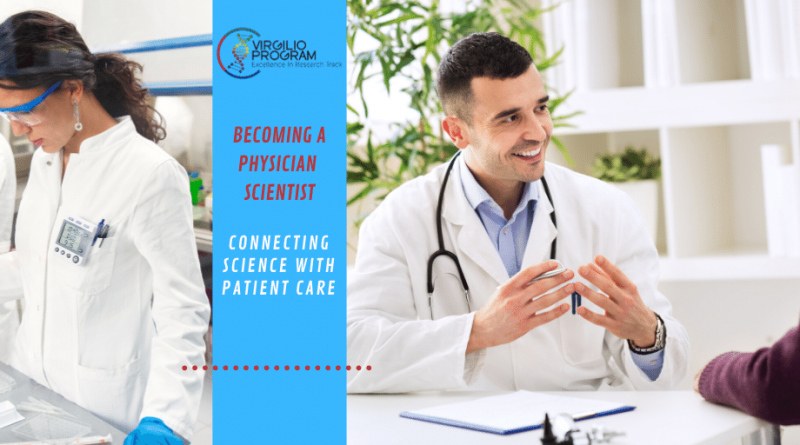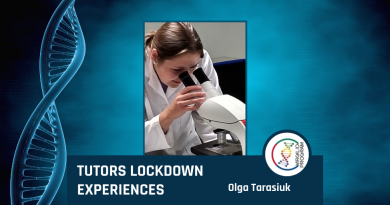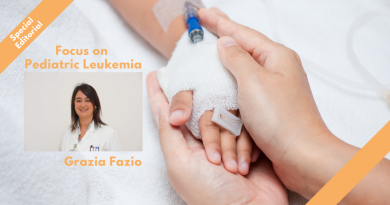Becoming a Physician Scientist- connecting Science with Patient Care
I would argue that there has never been a better time to be a physician-scientist. With the sequencing of the human genome and the continual improvement in genotyping technologies, the growth in the number of diseases for which the molecular pathogenesis is understood is awe-inspiring. The advent of molecular-targeted therapies has changed the trajectory of many diseases but also revealed new biological pathways that require investigation. We are at the advent of gene-editing therapies. Advances in computing, artificial intelligence, and access to big data can permit targeted approaches to the social and behavioral determinants of health.
In addition, many young physicians do not discover a love of science until they have seen patients and come to understand the limitations of our knowledge. This may be particularly true for women and underrepresented minorities. Universities must hook these late bloomers by providing opportunities for immersion in research, such as masters and PhD programs during fellowship. One size will not fit all.
We must invest in our rising stars for the long haul.
To attract medical students to careers as physician-scientists, programs such as Virgilio Program were designed to provide students with an immersion experience in research during the medical school.
For those students who develop an early interest in becoming physician-scientists, MD-PhD training programs provide an obvious pathway.
As a scientific community we spend entirely too much time training future scientists in the methodological means to an end—molecular medicine, translational medicine, evidence-based medicine, team science.
What we really need to teach them is how to formulate a hypothesis, how to ask the great question. Of course, as with any profession, there are potential difficulties that students should be aware of before embarking on this career path.
Becoming a physician-scientist might not be what medical students have in mind while pursuing their studies. But for those who have an aptitude for medical research would do well to consider this kind of career pathway. While intellectually strenuous, it offers a high degree of job satisfaction and is an important part of modern healthcare delivery as the knowledge produced by such researchers can guide new treatments, procedures and plans of care that can have a direct impact on patient outcomes and quality of life.




